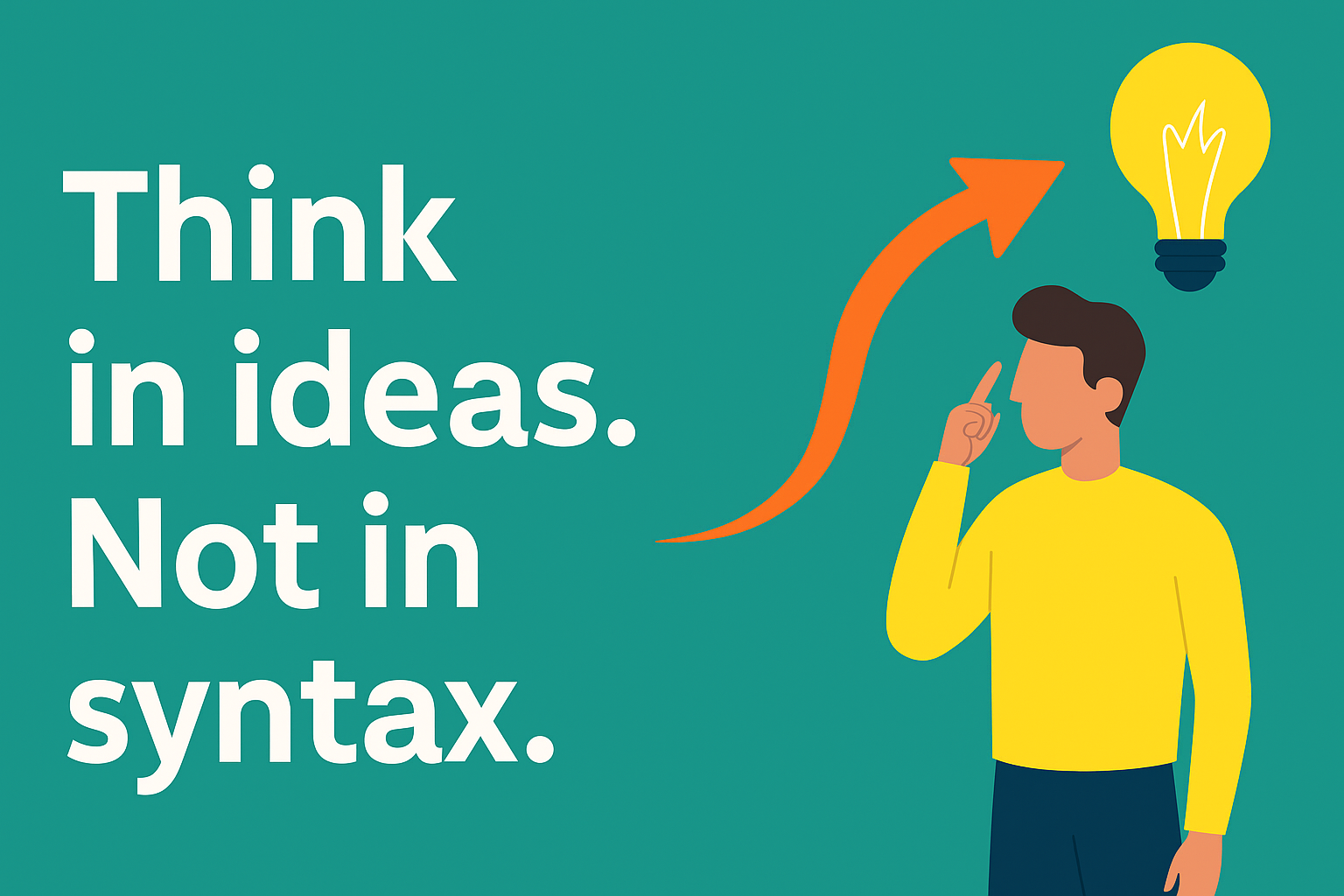Авторська колонка Тимура Левітіна
Засновник і директор мовної школи Левітіна
🔗 Мовна школа "Старт" від Тимура Левітіна
How can someone pass B1… but still struggle with A2?
Simple: they never truly mastered the basics.
They just moved on.
This happens more often than most teachers want to admit:
A student “graduates” to a higher level, but:
- can’t confidently form the past tense
- doesn’t recognize conditional structures
- still struggles with articles and word order
Because moving forward ≠ internalizing.
Language is not a staircase. It’s a spiral.
Real learning looks like this:
- You revisit what you “already learned”
- You see it again — in a new context
- You finally understand what it actually означає
A test may show you’re B1.
But daily speech might show you’re stuck at high A2 —
and that’s not your fault.
It’s the system that rushes forward without giving you time to own the structure.
What “level” really means — and doesn’t
CEFR levels were never meant to define fluency.
They’re guidelines, not guarantees.
A student may pass a B1 exam because:
- they memorized templates
- they rehearsed for expected formats
- they got lucky with vocabulary
But if you ask:
Can you reformulate this?
Can you adapt your sentence?
Can you explain why you said it that way?
— the room goes quiet.
Real language happens between the levels
It’s not about A2 or B1.
It’s about how well you:
- understand what you’re saying
- build sentences that serve your thoughts
- switch structure when needed
- express intent confidently
That’s not measured on a certificate.
But it’s what actually defines communication.
What I teach my students
I always say:
“You don’t need permission to master A2 just because your book says B1.”
In my lessons, we:
- revisit, without shame
- re-express, without fear
- rebuild, not just repeat
Because speaking fluently doesn’t mean skipping forward -
it means owning your tools, even the basic ones.
Mastery isn’t speed. It’s confidence.
Progress in language isn’t about how fast you pass levels.
It’s about how deeply you understand what you’re doing —
and how freely you can use it.
Відповідні матеріали з нашого блогу
→ What a Dictionary Won’t Tell You — and Why Intuition Might
→ Мовний бар'єр - це не про мову
→ Understanding Sentence Structure as Meaning, Not Just Rules
© Тимур Левітін
Author, founder, director, and lead teacher at Levitin Language School
Ця стаття є частиною авторської колонки:
🟦 Language Without Illusions: Тимур Левітін’s Column on Real Learning
Next in the series:
“Grammar Is Not About Rules — It’s About Meaning”






















